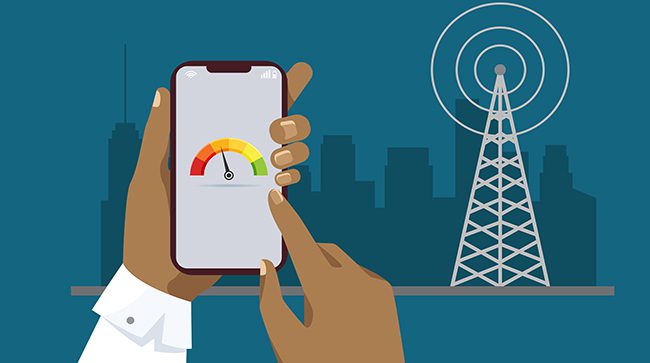Kenya Leads Push To Revamp Africa’s Truncation Of Roaming Charges

In lieu of reduced smartphone prices bringing about a faster-paced digital revolution in Africa, many of the region’s residents spend a reasonable amount of their incomes on phone calls and internet surfing. Per the World Bank, Africans exhaust 25 percent of their monthly gross national income per capita on cellular call services; in the developed world, just 11 percent is spent on these.
Yet, there is the age-old reality that these customers are challenged by high and persistent roaming charges when moving across the continent. In the real world, it means users pay a lot more to use their local phone lines outside their countries of origin, even while remaining on African soil. Due to the steepness of these fees, Africans always temporarily switch to neighboring cell networks to get connectivity.
It cannot be argued that these customers would prefer to retain their local numbers and pay the same rates while journeying through the continent. For this reason, Kenya is leading the way in resuming the talks for Africa to finally abolish roaming charges.
In a scoop by Telecom Paper, the country’s ICT Cabinet Secretary Joe Mucheru, disclosed the group’s intentions to spearhead the resumption of discussions, with hopes to catalyze a resolution as binding and as potentially effective as the African Continental Free Trade Agreement (AfCFTA).
Moreover, by virtue of AfCFTA, Africa’s 54/55 countries have agreed to tariff-free exchange of commodities and services with one another, creating a 1.4 billion-strong market with better chances of duking it out on the global stage. What’s more, there is an African Union (AU)-backed push under the umbrella of Smart Africa bidding to remove international voice and data charges.
Smart Africa comprises more than 37 African heads of state, and it has a collective government with intentions to create a connected tech-driven economy.
Though details on timelines as per when Africa will unanimously scrap roaming charges are yet contemplated, it would not be unfounded to reposit that the move is long overdue.
Back in 2017, countries under the auspices of the Common Market for Eastern and Southern Africa (COMESA) mooted the same idea in order to achieve shared economic prosperity within and outside the telecommunications market.
In December 2021, South Africa’s Vodacom reportedly slashed out-of-bundle roaming data speeds by a whopping 88 percent, specifically for people migrating to countries like Swaziland, Lesotho, Mozambique and Botswana. Vodacom’s disclosure came hot on the heels of MTN’s, which announced the cut three days earlier. In March this year, Airtel Nigeria followed suit with its Roam Like Home offering.
By aligning telecommunication services, Africa will be better able to cultivate a more robust digital ecosystem, much needed at a time when the continent’s economies are hit hard by inflation and other economic challenges. Perhaps, this will go a long way in simplifying intra-African travel as well as commerce.
“This would be good and welcome news. It will reduce the cost of making calls, enhance ease of doing business and offer ample time for consumers to secure enough information necessary for them to optimally gain from the goods and services they procure,” said Stephen Mutoro, Secretary-General of the Consumer Federation of Kenya.
Featured Image: Big Commerce